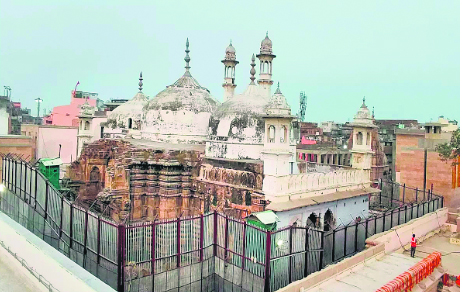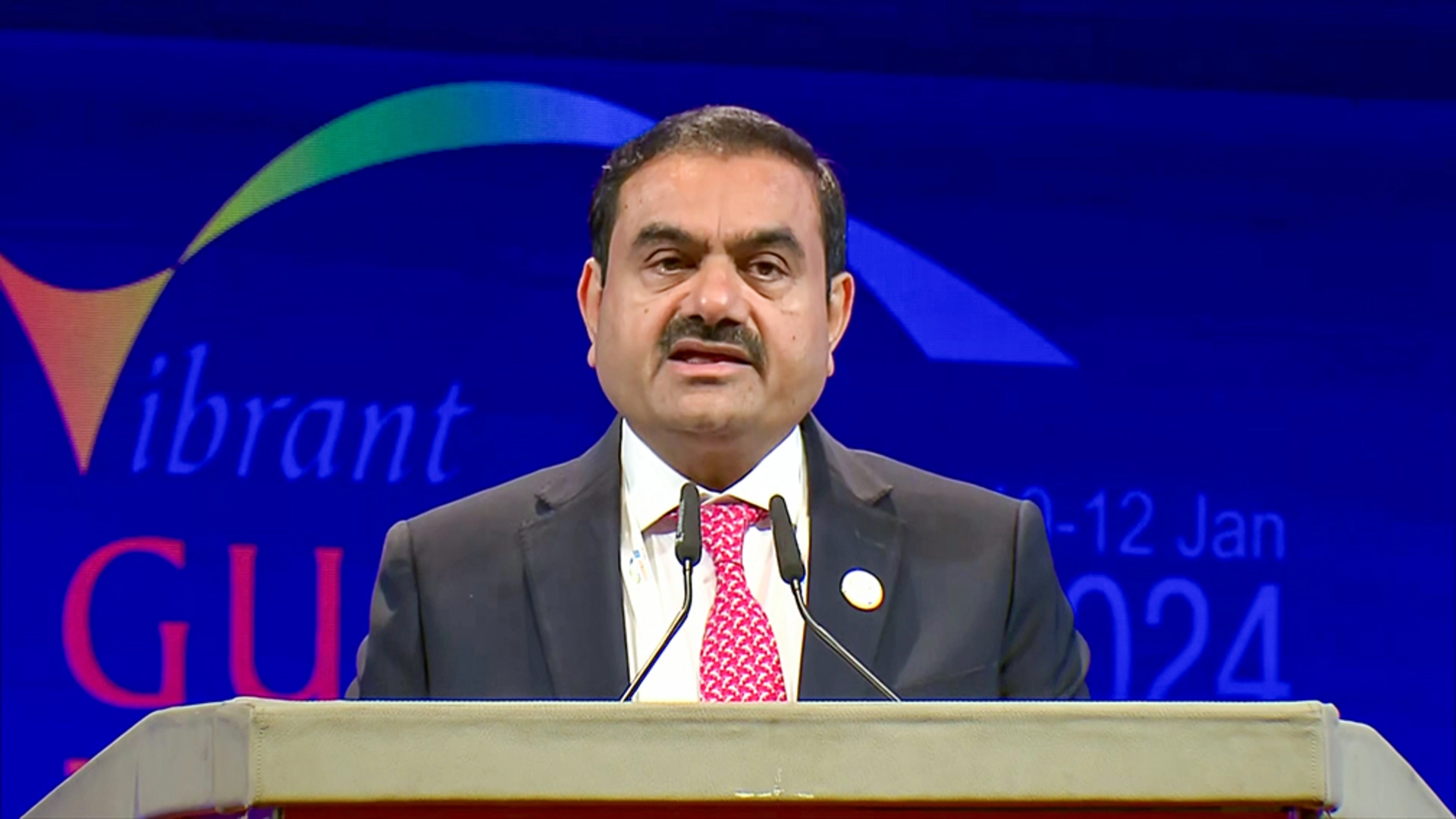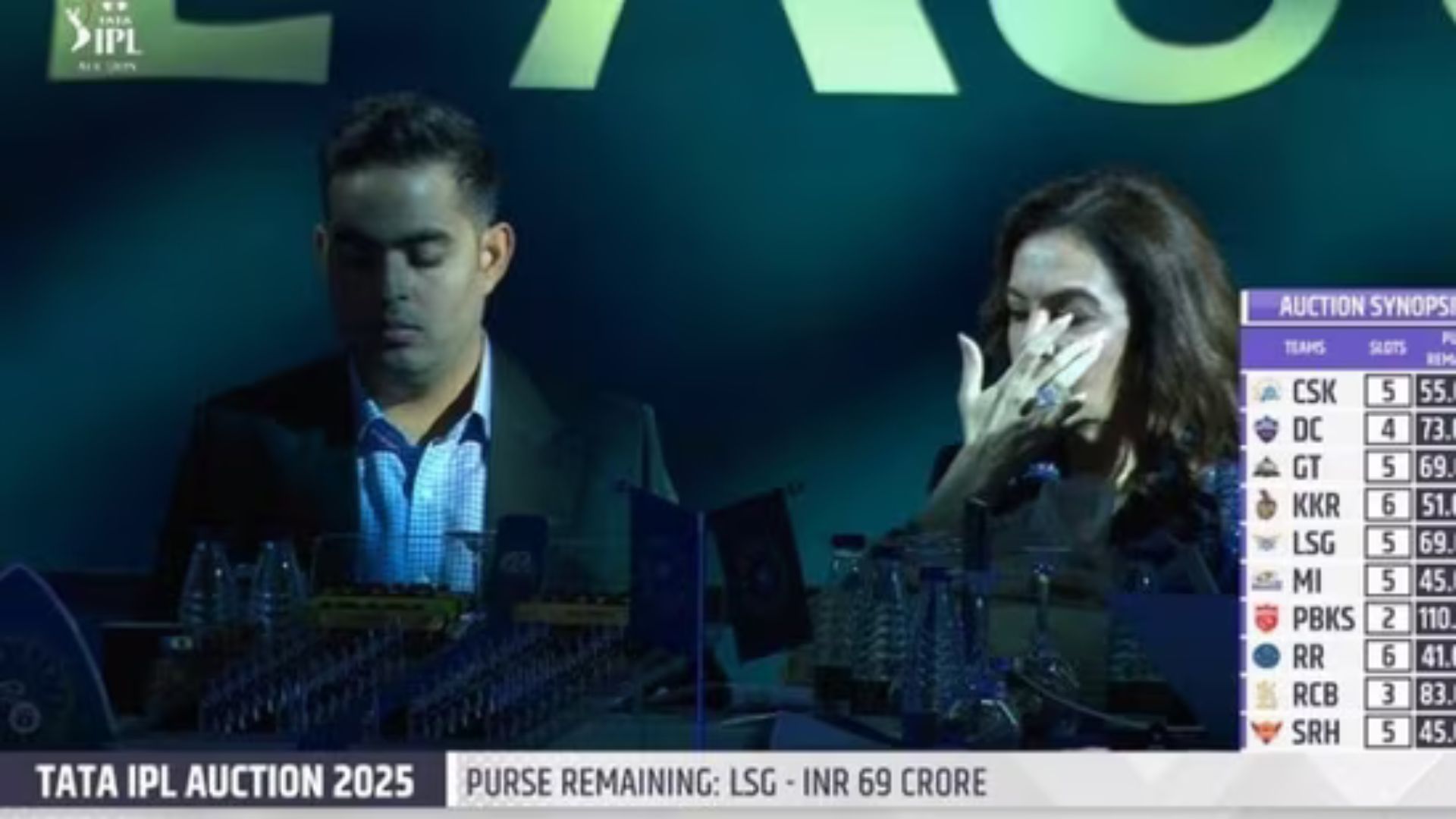
The Supreme Court on Tuesday granted permission for the cleaning of the water tank in the Gyanvapi mosque in Varanasi, an area currently sealed.
The plea was filed by Hindu women plaintiffs.
A bench comprising Chief Justice D Y Chandrachud along with Justices J B Pardiwala and Manoj Misra ordered the cleaning to be conducted under the supervision of the Varanasi district magistrate.
The decision came after Additional Solicitor General Madhavi Divan, representing the Uttar Pradesh government, sought approval for the cleaning process, citing the presence of dead fish in the tank. The Apex Court’s order also took note of a similar plea filed by the Anjuman Intezamia Masjid Committee, the management body of the mosque, before a trial court in Varanasi.
The Varanasi district court had previously directed the Archaeological Survey of India (ASI) on July 21 of the previous year to conduct a “detailed scientific survey,” including excavations as necessary, to determine whether the mosque, located adjacent to the Kashi Vishwanath temple, was constructed atop a temple. The Supreme Court’s order specified that the mosque’s “wazukhana” (a small reservoir where ritual ablutions are performed), housing a structure claimed by Hindu litigants to be a “Shivling,” would not be part of the survey. This decision aligns with a previous Supreme Court order safeguarding that particular spot within the mosque complex.
Hindu activists contend that a temple previously stood at the site, alleging that it was demolished in the 17th century under the orders of Mughal emperor Aurangzeb.














